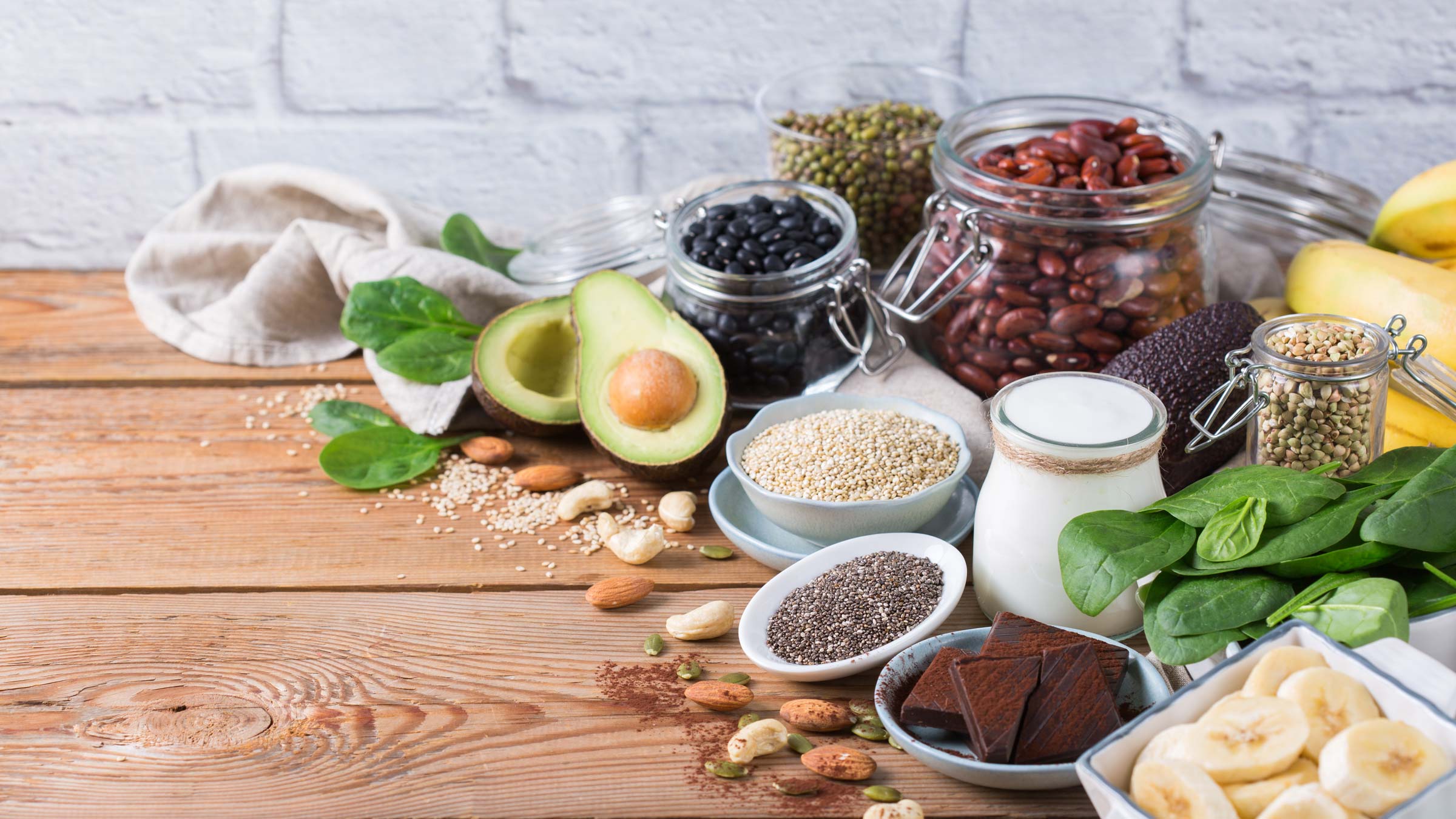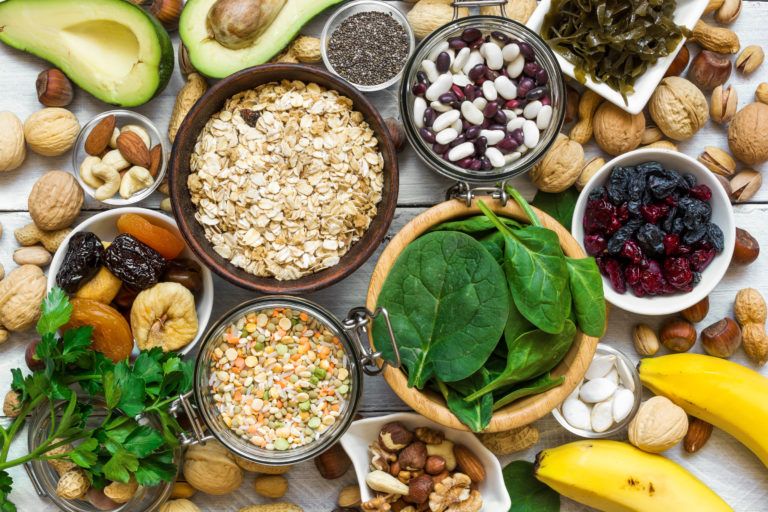Magnesium-rich foods for anxiety relief are gaining attention for their ability to support emotional balance and nervous system health. Magnesium plays a key role in calming overactive nerve signals, reducing muscle tension, and promoting restful sleep. Foods like dark leafy greens, pumpkin seeds, almonds, and avocados provide this essential mineral in forms your body can easily absorb. Including these in your diet not only nourishes your body but also helps manage symptoms like restlessness and irritability. This guide explains the top sources, benefits, and ways to use magnesium for a calmer, more balanced lifestyle.

Why Magnesium Matters for Anxiety
Magnesium is essential for brain function and mood regulation. It helps regulate neurotransmitters like serotonin and GABA, which control stress responses. Low magnesium levels often lead to irritability, nervousness, and difficulty sleeping. Consuming magnesium-rich foods regularly helps maintain a stable mood and reduce symptoms of chronic anxiety. It also supports adrenal health, which influences how the body responds to long-term stress. Studies link adequate magnesium intake to better resilience against triggers that cause emotional imbalances. When combined with a balanced diet and healthy lifestyle habits, magnesium becomes a simple yet effective tool for natural anxiety management.
Top Magnesium-Rich Foods for Anxiety Relief
2.1 Dark Leafy Greens
Spinach, kale, and Swiss chard are excellent sources of magnesium, helping to relax muscles and nerves.
2.2 Nuts and Seeds
Pumpkin seeds, almonds, and cashews not only boost magnesium but also provide healthy fats for brain health.
2.3 Whole Grains
Quinoa, brown rice, and oats supply magnesium along with fiber for steady energy.
2.4 Legumes
Black beans and lentils deliver magnesium and protein to support brain function.
2.5 Avocados
Rich in magnesium and potassium, avocados help regulate nerve signaling and stress hormone balance.
Eating a variety of these foods ensures consistent magnesium intake for daily anxiety support.

How Magnesium Supports Stress Reduction
Magnesium works by blocking excessive calcium entry into nerve cells, preventing overstimulation. This action keeps the nervous system balanced and reduces the “fight-or-flight” response. It also supports cortisol regulation, ensuring stress hormones stay within healthy levels. Magnesium aids in muscle relaxation, reducing physical symptoms of anxiety like tension and headaches. When combined with other nutrient-dense foods and hydration, it creates a stable internal environment that supports mental calmness. Adding magnesium-rich snacks throughout the day helps maintain steady mineral levels and prevents sudden mood dips linked to nutrient deficiencies.
Tips for Including Magnesium-Rich Foods in Your Diet
Start your day with a smoothie made from spinach, banana, and almond butter. Swap refined grains for whole grains like quinoa in lunch and dinner recipes. Snack on pumpkin seeds or trail mix with cashews and dried fruit. Add sliced avocado to salads, wraps, or toast. Using legumes in soups or salads increases both protein and magnesium intake. Cooking vegetables lightly preserves their magnesium content. Consistency matters—making small, daily changes builds lasting magnesium levels, which are crucial for ongoing anxiety relief and mental well-being.
Safety and Considerations
While magnesium-rich foods are safe for most people, those with kidney problems should consult a doctor before increasing magnesium intake. Excessive supplementation may cause digestive discomfort, but food-based magnesium rarely causes issues. A balanced diet with diverse sources ensures proper absorption and minimizes risks. Always focus on whole foods over high-dose supplements for sustainable results.
